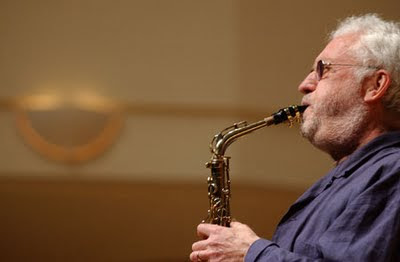
When historical films are made about long ago periods like the Civil War or the American Revolution, it's easy for the filmakers to get away with little inaccuracies about those times because there is no one from those times alive today to would know the difference. These days more and more films are made about the 1950's and beyond and those of us who were around then can tell immediately when a certain movie gets things really wrong.
This brings us to Todd Haynes' acclaimed 2002 film "Far From Heaven" which is set in the 50's and has a plot that sounds okay on paper but is grossly off in execution.
The film stars Julianne Moore as a picture book 50's suburban housewife who is stunned to one day discover that her husband is homosexual. She is so ashamed by this that she confides, not in any of her normal circle of friends but her handsome black gardener.
This isn't too implausible a storyline for a "Hidden Life of Suburbia" movie and the film does a credible job in delineating the shame-faced, underground world of 50's gay men. It's the other part of the plot that defies belief. Even in Connecticut, where the film is set, there is no way on God's earth a black worker would be as openly casual and friendly with his white female employer as the gardener, played by Dennis Haysbert, is here in 1957. Also while others react to their public conversations with glares and the occasional menacing remark, the overall responses from the other white characters are way too tame. In the South back then black men were getting lynched if anybody even thought they were looking at a white woman. We're supposed to believe that in Connecticut you could talk to and ride around with a white woman and just get a few dirty looks?
The response from the black characters in the film is just as bad. There is some grumbling from other diners when Haysbert drives Moore to a black roadhouse for lunch but no trace of the anger or fear such a thing would engender in the real world. Even Moore's black maid, played by Viola Davis, doesn't say a discouraging word about all this when in reality she would have been screaming at Haysbert from the rooftops. Rocks are thrown at Haysbert's house late in the film but ony by other blacks. In the real 50's Haysbert would have lucky if his house wasn't burned down, and it wouldn't have been black people doing it.
For all that this is a very well acted film. Moore, Haysbert and Dennis Quaid are all excellent but the story they have to act out makes you shake your head. All this movie shows is how clueless Todd Haynes is about the sad history of black-white race relations in this country. I seriously doubt he's read books like Native Son or Man-Child In The Promised Land. If he had he'd have a different view about how willing black men were to mix with white women in the 50's.
